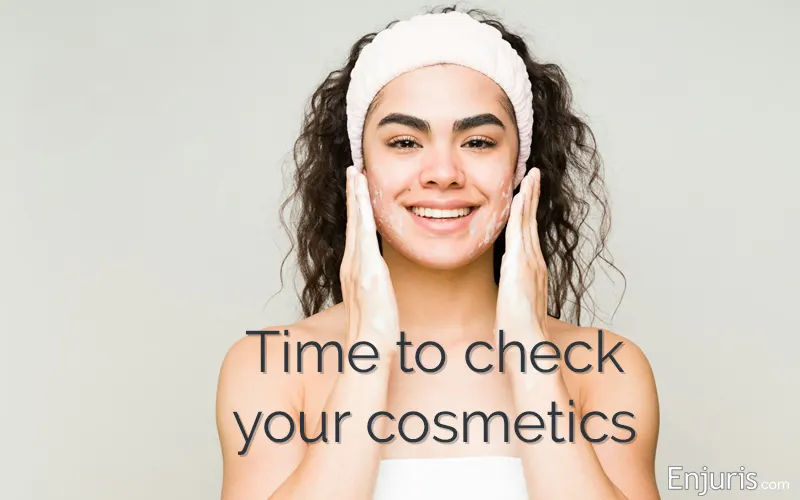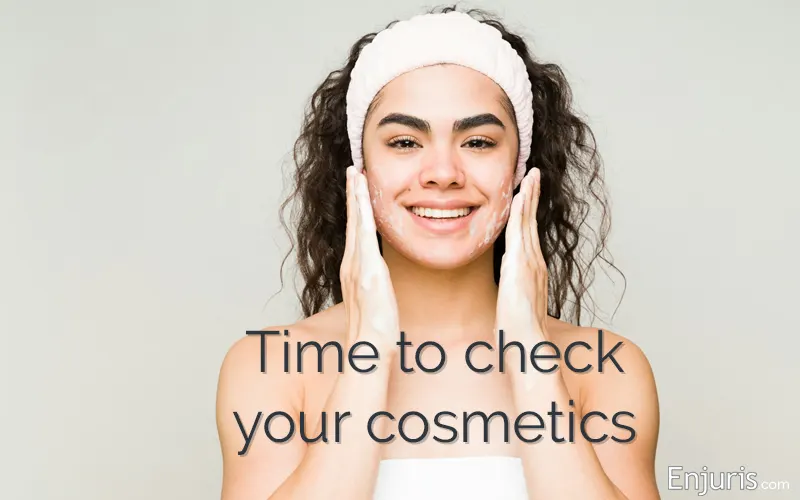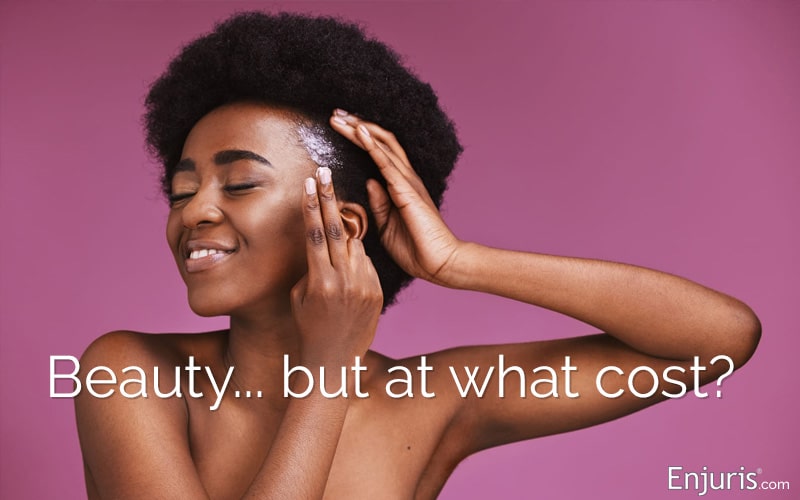[ad_1]

Popular acne topicals and cleansers are under fire after lab finds dangerous effect
Many over-the-counter cleansers and acne creams contain benzoyl peroxide (and have for years). But one independent lab says the ingredient can break down into benzene, which is a carcinogen. Here’s what we know.
You might have seen lots of news lately about tweens and young teens who are obsessed with skincare. These are (usually) girls who clog the aisles at stores like mega-retailer Sephora, looking for the next miracle product that will make their skin glow and their lips shine.
Spoiler alert: These girls already have glowing skin because they’re teenagers. Most doctors agree that a skincare regimen with simple, time-tested products and a “less is more” approach is most appropriate for younger people.
However, the doctor’s advice sometimes takes a back seat to the pull from their friends and social media influencers.
But it’s not just teens who are using well-known sunscreens, deodorants, and other products that are under scrutiny because of one common ingredient—benzene.
A recently released study by independent testing lab Valisure LLC indicated that major brands like Proactiv, Clinique and Clearasil have high levels of carcinogenic benzene in some products.
Recent reports highlighting the presence of benzene in certain cosmetics have understandably raised concerns among consumers. Benzene, a known carcinogen, can pose serious health risks, leading to an urgent need for awareness and action from those who use these products. Here’s what you should know and how to navigate the cosmetics landscape safely.
Benzene is present in benzoyl peroxide (BPO), commonly used in acne products.
You might be familiar with benzoyl peroxide, as it’s been a staple of cosmetic products for decades. However, what’s making news recently is that the benzene found in these products isn’t contamination. Rather, it’s formed by the benzoyl peroxide as it decomposes. The formulation of the products causes the BPO to break down and become benzene, which is a known carcinogen. Nearly every product included in the tests contained benzene that was up to 1,000 times higher than the FDA-approved limit of two parts per million.
The report also indicated that when BPO breaks down into benzene, it then exists in a gaseous form that can penetrate through the product’s packaging, thereby causing an inhalation risk. However, the research notes that this happens primarily if the products are stored at high temperatures.
Valisure petition with the U.S. FDA
Valisure, the lab that tested these cosmetic products, filed a petition with the Food & Drug Administration (FDA) to recall the affected products and revise guidance on this issue.
The manufacturers include (but are not limited to):
- Estee Lauder (Clinique)
- Proactiv
- PanOxyl
- Walgreens
- Walmart (Equate)
- Reckitt Benckiser Group (Clearasil)
- Target
- Procter & Gamble
- Johnson & Johnson
Reckitt, the manufacturer of Clearasil, says that the findings “reflect unrealistic scenarios rather than real-world conditions,” and that the products are safe “when used and stored as directed on their labels.” Estee Lauder also contends that Clinique products are safe when used as intended.
Haven’t we been warned about benzene before?
Yes, benzene is not new and its carcinogenic properties are not a shocking revelation. But previous recalls on products with benzene were because the products had been contaminated with impure ingredients. The new warnings on benzene come from the benzoyl peroxide, itself, which is often the active ingredient in cosmetic items.
Benzene and benzoyl peroxide lawsuits
Several class action lawsuits were filed in March 2024 against companies that sold benzoyl peroxide product without warning the consumer that they contain unsafe levels of benzene.
Defendants include companies that manufacture Proactiv, CVS acne cream and cleanser, Clearasil, Up & Up (Target), Asepxia, and Walgreens products.
The lawsuit alleges that these companies continued to advertise and sell products without heeding the FDA safety alert on benzene. It claims that degradation of BPO into benzene was first reported in 1936, which means the companies knew or should have known about the dangers.
What should you do as a consumer?
As long as these products remain on the market, it’s your choice whether to use them or not. Certainly, there are alternatives for people who need products designed to clear acne and breakouts. And, while Valisure is sounding the alarm to consumers, others say that these products are only risky under very specific conditions and typical, intended use isn’t harmful.
Keep abreast of the latest findings and updates from reputable sources such as the Food and Drug Administration (FDA). Regularly review the ingredients and safety information of your cosmetic products. Look for any recalls or safety alerts related to benzene.
If you have concerns about a product, don’t hesitate to contact the manufacturer for clarity on its safety and the measures they take to ensure their products are free of contaminants like benzene. The discovery of benzene in cosmetics is a wake-up call for both consumers and the industry to prioritize safety and transparency.
[ad_2]




